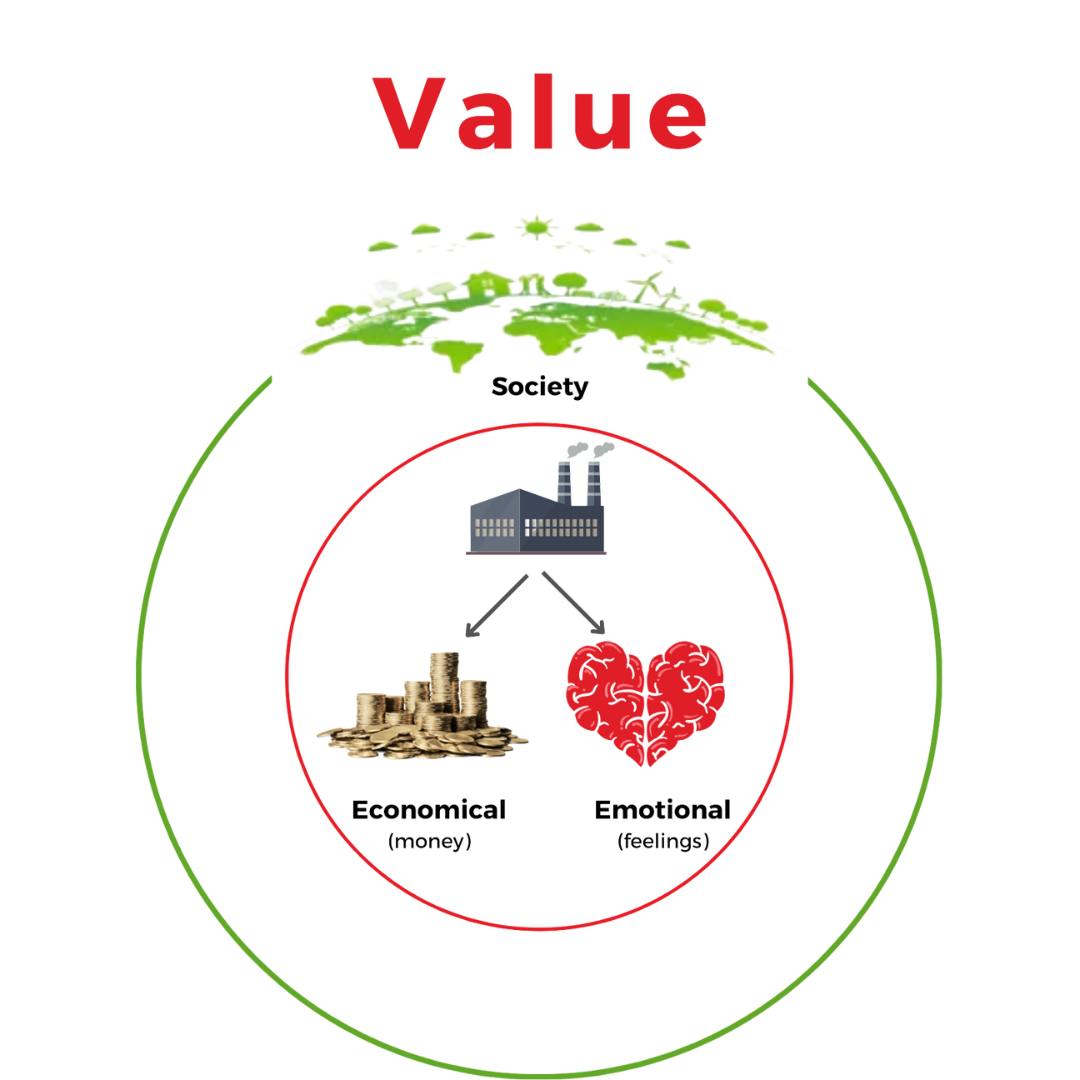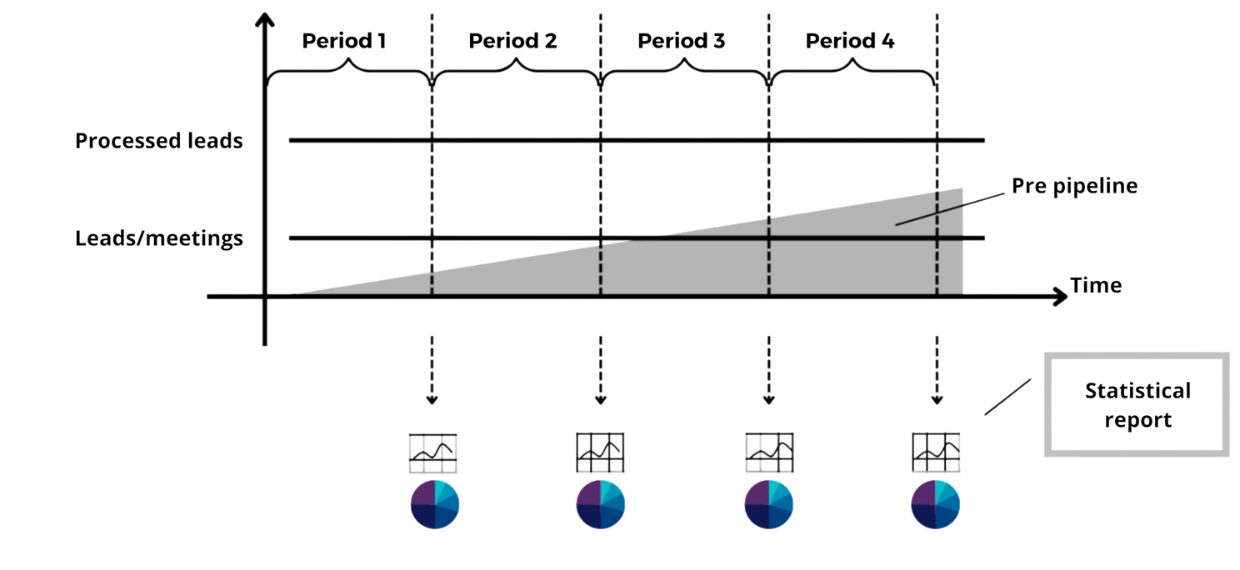What We Do
“Leads United wants to be the best to deliver qualified leads on the B2B market thereby ensuring our customers a sustainable and qualified sales pipeline.
Through our work, we challenge our customers on their own understanding of their differentiated strengths and help to develop and improve the value of their products / services.
The overall result is that our customers will be able to reduce costs, streamline human resources and improve sales results”
How we do it?
The process of collecting information and qualifying leads is a continues process that involve the use of one or more of the following tools
- Leadgeneration
- Verification
- Analysis
- Screening
- Booking of meetings
- Customer portfolio analysis
Lead genereation
Lead generation covers a situation where it is agreed with a given lead/decision maker that a salesperson with deeper competencies from the selling company must take contact for a deepening of the dialogue with the telemarketing agent.
Verification
Typically used in connection with lack of knowledge about or dialogue with existing customers. The overall purpose is to confirm existing (secondary) data or collect new (primary) data. Verification can basically be carried out at the reception, which results in a relatively high efficiency.
Analysis
Will be definite market analysis such as knowledge analysis, satisfaction analysis etc.
Screening
Is normally used to measure need, potential, importance, timing, or attitude. It is a bit similar to analysis, but screening is more sales oriented.
Meeting booking
Meeting booking is where the telemarketing agent makes agreement with the lead about a physical/online meeting with the lead and a salesperson from our customers. Accepting a meeting (agreement on time, duration, place, and content) is more binding on the decision maker than agreeing to be contacted by telephone (lead generation). It is therefore more complex.
Customer portfolio analysis
Many companies do NOT have the necessary knowledge about their customers, and do not maintain the necessary proactive behavior in their defensive sales (protection of the existing platform). Most often, customers are not contacted for several years. This is because there is a relatively large focus on new sales at the expense of caring for existing customers.
The fact is that many companies have poor databases where relevant master data is not updated. The companies do not exploit the potential of the existing customers (resale and additional sales)
It is 6-7 times more expensive to pick up a given amount of revenue from new sales compared to existing customers.
Studies have shown that more than 60% of the customers a company loose, is due to the customers’ perception of lack of attention from the supplier.
Lack of attention leads to institutionalization – i.e., the situation where a company thinks it knows what the customer expects – but do not get acceptance/confirmation for this. The relationship becomes an institution “something that is just there”. Therefore, the customer does not experience any significant interest on the part of the supplier and interprets this as a lack of interest on the part of the supplier, which opens the door for competitors.
That’s why proactively reaching out to the customer is important as it gives a sense of interest!
The purpose of the customer portfolio analysis is thus to contribute to an optimized sales and segmentation opportunity.

Concepts
Lead management
Lead management is a concept that ensures our partners the greatest possible value in a situation that allows for a longer term than just a single campaign as illustrated in the model below.

Leads United Lead Management concept
Through our lead management concept, we can thus build “pipelines” that contain potentials for subsequent activation. The “pre-pipeline” is a pipeline that we at Leads United handle on behalf of our partners until they are qualified as actual sales leads.
Our lead management concept is a pure B2B sales and CRM concept that is based on the buying behavior in the customer market through messages that are at the strategic and tactical level. Here, a professional and continuous processing is necessary, as the decision-making process is lengthy and involves a specific buying center.
In the B2B market, it is necessary to act proactively and achieve dialogue with potential customers early in the decision-making process, so that there is a real opportunity to influence the decision-making process by making visible the differentiated value delivery that can be offered to the customer (phase A in the model). If you arrive late, the customer has specified requirements, budgeted, and obtained competing offers – and even worse, decided on what is important.

Purchasing behavior situations

The MLC theory is based on more than 2,000,000 dialogues and 2,500 projects, so it can illustrate with great certainty what buying behavior situation is generally present in the B2B customer market.
The model to the right shows that there are generally approx. 80% in a potential customer market that either does not have or feels a need or has already bought or decided negatively.
Approx. 20% of the market will in a given moment of processing fall into the categories “are interested” and “have recognized needs”. However, these 20% must first be identified, and then “persuaded” via visibility of the differentiated benefits that can be offered through the product/solution.
Value added
The model below illustrates how to use our lead management concept to handle the initial sales phases (and to retain / develop customers)
These sales phases are characterized by the fact that it is primarily the communicative competence that is decisive for the result!
Leads United can thus be a guarantee for the necessary proactive efforts in the customer market.

Benefits of choosing lead management
The lead management approach will increase the result of the outgoing telemarketing, just as several other derived benefits can be achieved.
- The company’s salespeople can concentrate on the complex sales phases, where their relatively deep competencies are better used (and thus also avoid the internal phases that some salespeople are not able or motivated by).
- The telemarketing agent’s competence and knowledge about the products is increased / optimized.
- Mutual understanding between the tele-agent and sea urchins can be optimized and mutual matching can take place.
- A “pipeline” can be built – recharging lists of topics with dense potential and timing.
- Use of collected knowledge for precise processing efforts, for example direct mailing.
- There are optimal opportunities to let the telemarketing efforts follow a possible dialogue program.
Channel sales optimization
Most often, the channel members (dealers / partners) are chosen based on their TECHNICAL competencies and geographical network, and NOT the sales competence, which today is a big problem, as virtually all industries are characterized by the necessary sales activity being opened ONLY through a PROACTIVE EFFORT!
Many of the companies that operate through a distribution channel support the channel members with marketing contributions; product sheets, catalogs etc. are made. The problem with these traditional measures is that they only have an effect when activity has already been created!
In many cases, product sheets are simply archived at the retailer, ads are not followed up, etc., because the retailers have scarce resources. The problem for the manufacturer is also that it is very difficult to measure the effect of these marketing contributions, just as a number of distributors might sell competing products, which means that loyalty coincides with the product that give the highest profit.
Therefore, in MANY cases, outbound telemarketing will be an effective means of ensuring the reseller level the necessary activity. In addition, there are several benefits, among others.
- Knowledge now goes to the offering company, as the telemarketing crew collects this in a database belonging to the offering company.
- In relation to traditional marketing measures or direct marketing economic grants, it will be possible with the outbound telemarketing to assess the effect of the invested resources to a much greater extent.
- The reseller can NOT sell competing products (as in normal marketing measures), as the outgoing telemarketing takes place in the name of the offering company, just as the activity hereof is passed on to the offering company who can redistribute this.
The Channel sales concept can be expanded with follow-up on the generated leads to ensure both timely and competent follow-up from the dealer consultant as well as to gather knowledge about the value of the lead.
Markets
We are able to offer our services in the following languages:
Danish | English | German | Polish | Dutch | French | Spanish | Italian | Arabic | Chinese | Turkish | Portugeese | Russian | Ukranian
Should you have a concrete need for a specific language not metnioned on the list then please contact us on support@leadsunited.eu .
